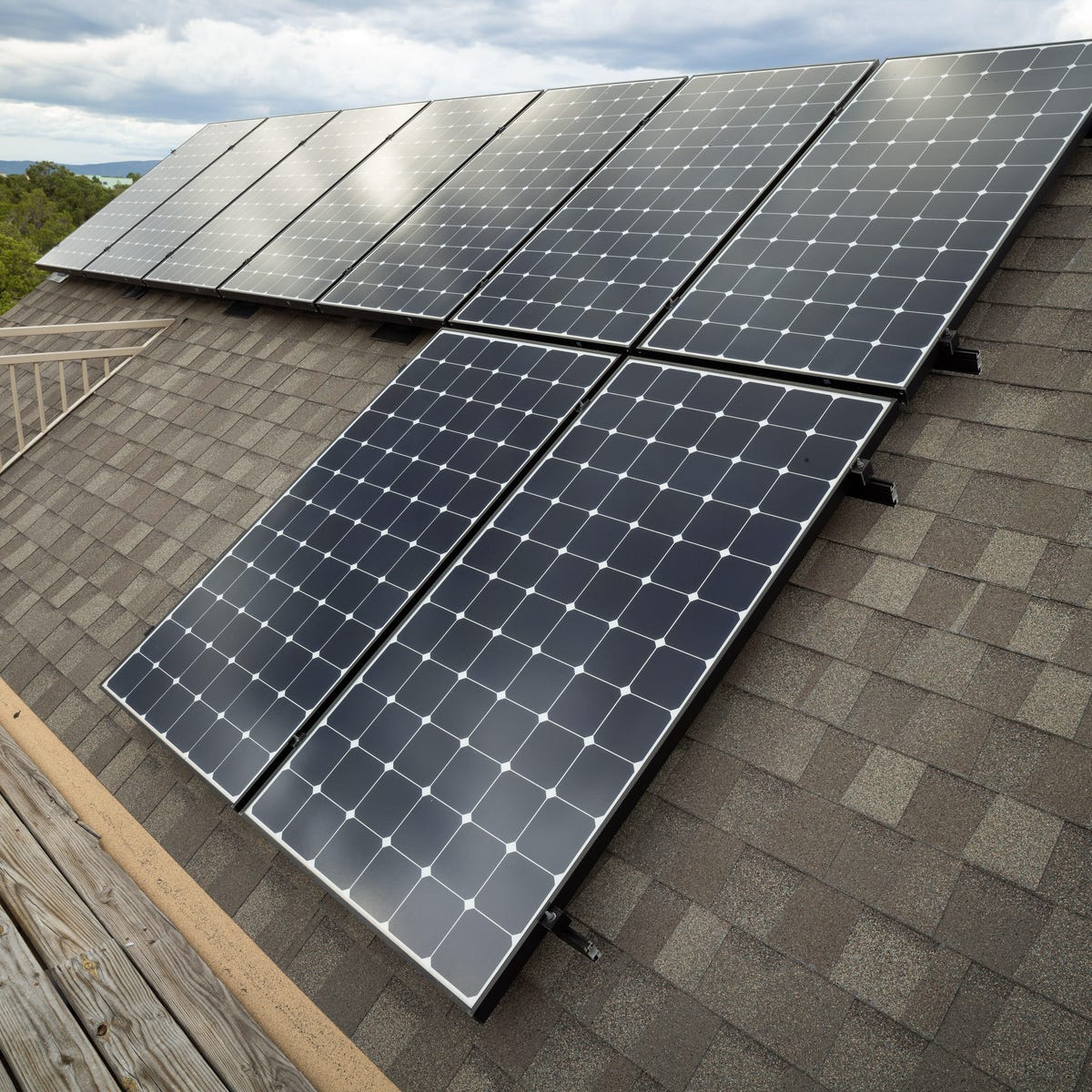
Introduction:
Solar energy is an increasingly popular and sustainable alternative to traditional power sources. Evaluating solar systems is crucial to ensure optimal efficiency and harness the full potential of this renewable resource. In this article, we will delve into the key aspects of evaluating solar systems for both residential and commercial applications.
Understanding Solar System Components:
Before assessing the efficiency of a solar system, it’s essential to understand its components. Solar panels, inverters, batteries, and mounting structures all play vital roles. Each component’s quality and compatibility contribute to the overall performance of the system.
Solar Panel Efficiency:
The efficiency of solar panels is a critical factor in evaluating a solar system. Higher efficiency panels convert more sunlight into electricity. Look for panels with the latest technologies, such as monocrystalline or polycrystalline, to ensure optimal performance.
Inverter Performance:
The inverter is another crucial component that converts the direct current (DC) generated by solar panels into alternating current (AC) used in homes and businesses. Choose inverters with high efficiency ratings and consider features like monitoring capabilities to track system performance.
Battery Storage Options:
For those considering solar systems with battery storage, evaluating the type and capacity of batteries is essential. Lithium-ion batteries are commonly used due to their high energy density and longer lifespan. Assess the system’s ability to store excess energy for later use during periods of low sunlight.
System Monitoring and Control:
A reliable monitoring and control system is integral for assessing and optimizing solar system performance. Remote monitoring allows users to track energy production, detect potential issues, and adjust settings for maximum efficiency. Choose systems that offer user-friendly interfaces and real-time data.
Financial Considerations:
Evaluate the financial aspects of installing and maintaining a solar system. Consider upfront costs, available incentives, and long-term savings. Calculate the return on investment (ROI) to determine the economic viability of the solar installation.
Environmental Impact:
Solar energy is celebrated for its minimal environmental impact. Assessing the sustainability of the entire solar system involves considering factors such as the manufacturing process, transportation, and end-of-life disposal. Opt for systems with eco-friendly practices throughout their lifecycle.
Installation Quality:
The quality of the solar system installation significantly impacts its overall efficiency. Professional installation ensures proper placement of panels, correct wiring, and adherence to safety standards. Choose certified installers to guarantee a reliable and efficient system.
Regular Maintenance:
Like any other technology, solar systems require periodic maintenance to ensure optimal performance. Regular inspections, cleaning of panels, and monitoring of components are essential. Establishing a maintenance schedule helps prevent issues and extends the system’s lifespan.
Conclusion:
In conclusion, evaluating solar systems involves a comprehensive assessment of components, efficiency, financial considerations, and environmental impact. A well-designed and properly installed solar system can provide sustainable energy for years to come. To further explore how to evaluate solar systems, check out How to Evaluate Solar Systems for additional insights and resources. Embrace the power of solar energy and contribute to a cleaner, greener future.


